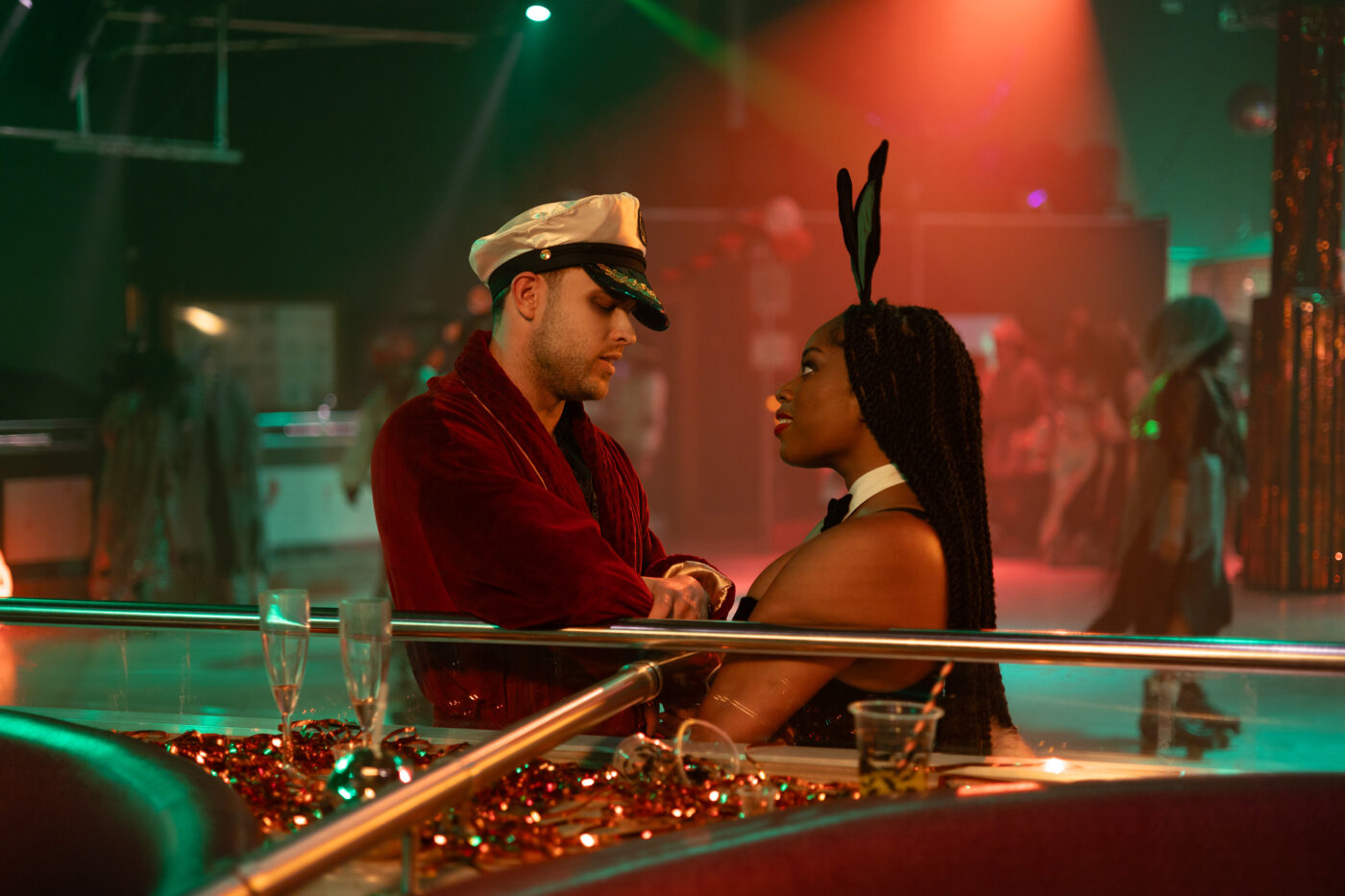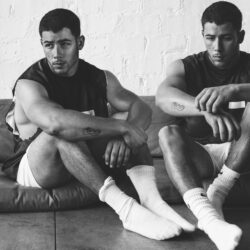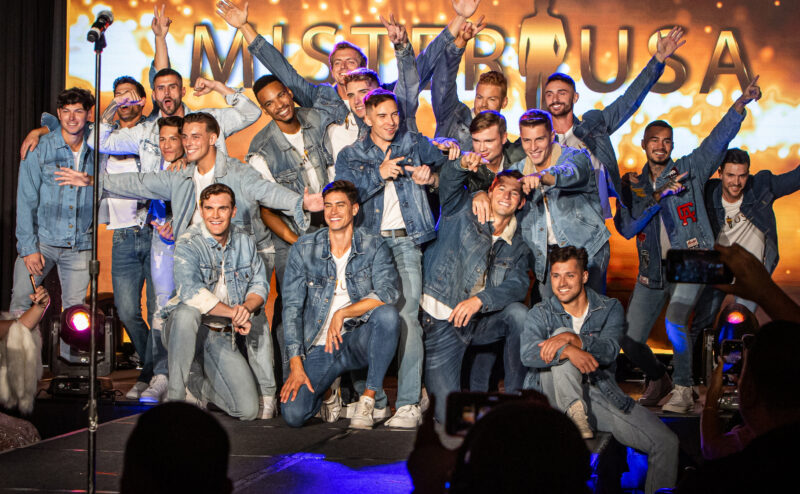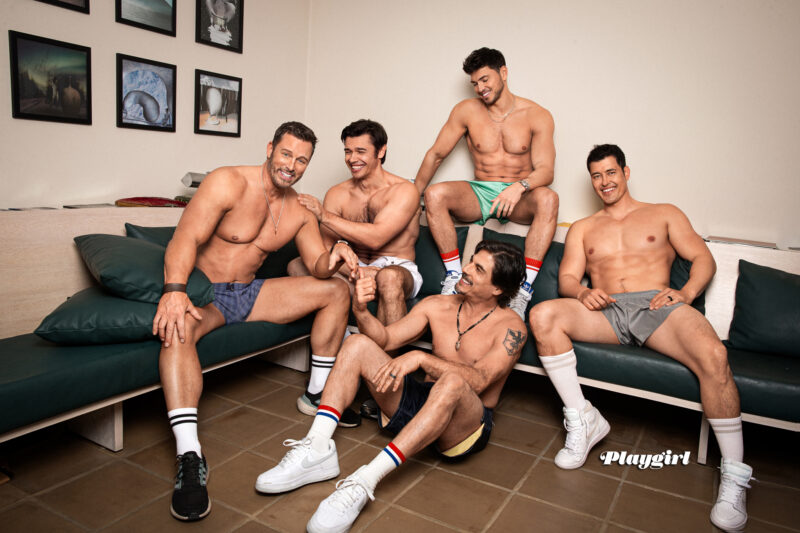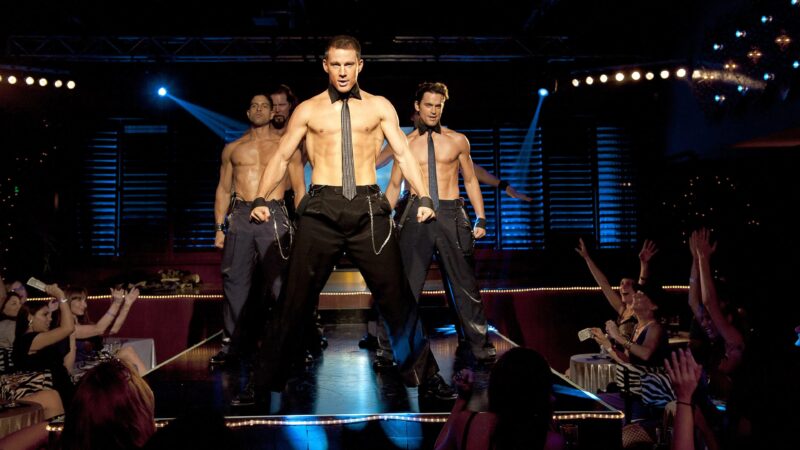There’s a new queen in town. Three years after HBO’s Insecure departed our screens, Hulu ushers in Queenie, a series that is both similar and wildly different. Similar because Queenie is clearly seeking to hold court with a popular girl: the one Insecure left behind. She is young. She is gifted. She is black.
Cue “Queenie”, a character who, like Insecure’s protagonist Issa, lives in a universe of lovers and friends engaging against a background of creative work. These women are not teenagers, but, similar to other early twenties to early thirties heroines like Carrie Bradshaw and Bridget Jones, this milieu of women is nonetheless coming of age in a riot of emotion, sex and cocktails.
So, is Queenie the second coming of Insecure? When we ask the lead, Dionne Brown, in a one-on-one interview with Playgirl, she responds with a light laugh. “Yes and no. Somewhere in the middle, potentially. I think there are similarities for sure we can see, but there are differences.”
Those start with the genesis of the series. Where Insecure was partially inspired by co-creator Issa Rae’s web-series Awkward Black Girl, Queenie is a screenplay based on a book of the same title. Written by Candice Carty-Williams and published by Trapeze/Orion, it debuted in 2019 to instant success. The debut novel landed at number two on the Sunday Times Bestseller hardback chart and won Book of the Year at the British Book Awards in June 2020, making Carty Williams the first black woman author to win the prize.
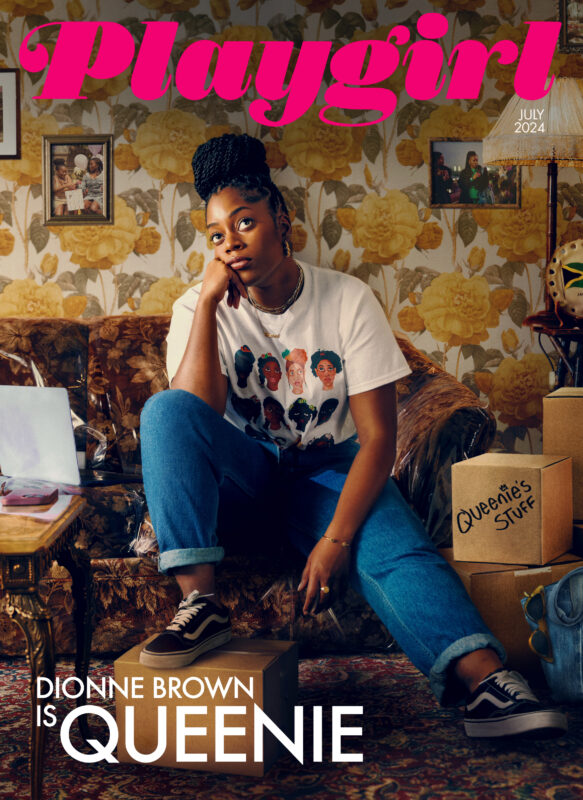
Playgirl • July 2024 • photo courtesy Hulu.
The story of a 25-year-old Queenie Jenkins, a British woman born to a Jamaican family who wrestles with the relationships around her, has struck a chord with audiences. Queenie’s world is colored by her immigrant grandparents, Veronica and Wilfred, who raised her, but struggle to understand her; her distant relationship with a mother who lives in a hostel, and a dying relationship with her white boyfriend, Tom. She navigates this simultaneously as she strives to ascend in her career at a national newspaper where she feels unseen and unheard. Thankfully, Queenie has a solid group to guide her, including her uber religious Auntie Maggie and cousin Diane; along with her trio of friends, Kyazike, Darcy and Cassandra.
The layered influence of her race, body, culture and style creates a vivid character, the kind rarely celebrated on television. “Carty-Williams,” wrote noted journalist Afua Hirsh, “has taken a black woman’s story and made it a story of the age,” upon the debut of the book. Hulu gave it a second life on screen. The series, like the book, is set in London. The decidedly gloomier city is perfect for a decidedly darker take on the ‘roaring twenties.’ On the surface this eight-episode series sparkles with the usual charm seen in stories of this genre: humor, wit and romance. But these themes are less the plot, and more the pause between an even deeper drama: coming of age against the backdrop of trauma, abuse and depression. These themes may be touched upon on other shows, but they are tackled here. From the first scene of the first episode to the final in the last, your journey for love and light with Queenie can lead to some very dark places.
“We are catching her [Queenie] at a time in her mid-twenties, where something she has tried to talk away or tried to placate is just rearing its head in such a forceful manner,” Dionne Brown tells Playgirl. “It’s exactly what happens when you force the drawer closed for so long. And we are watching her journey live. We are seeing what it looks like when healing is needed.”
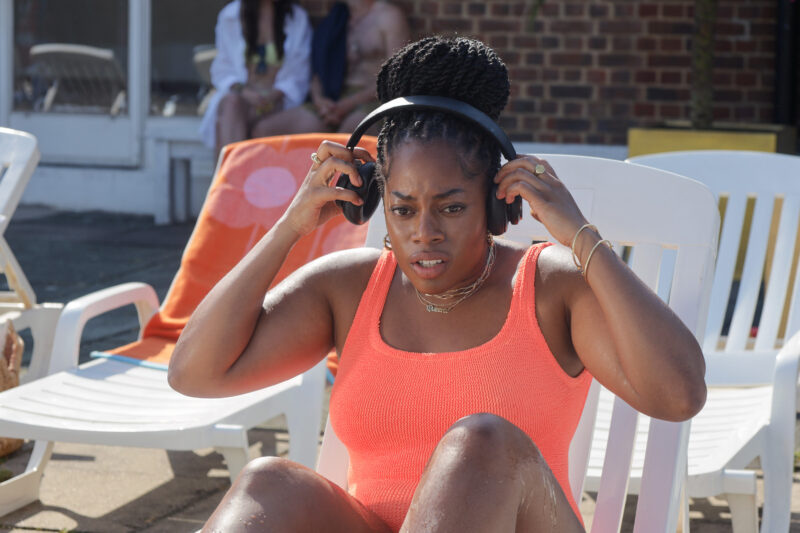
‘Queenie’ • photo courtesy of Hulu.
It’s a sentiment that echoes where Millennials and Generation Z, the primary demographic of Carty-Williams’ book, are today. Across racial categories and genders, this population is sparking an emotional revolution by examining and reconciling their past trauma in real time as they chase their futures. And Queenie –the character and the show’s– ability to showcase the vulnerability of the process is what sets it apart.
“We see her trying to fit into spaces that she has ascertained were probably not best built for her,” says Brown. “There are things she wants within those spaces and she is going for it. She is trying to obtain it. Whether or not they are the things she needs or if those things make her happy – we will see.”
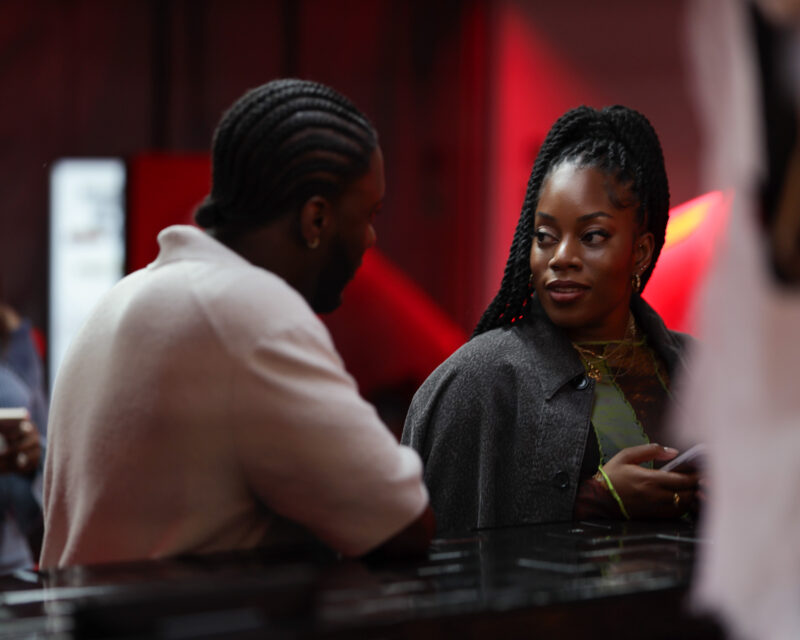
‘Queenie’ • photo courtesy of Hulu.
And if seeing is believing, Brown hopes viewers from all backgrounds will see Queenie’s struggles as part of the journey in learning to believe in themselves. Carty-Williams herself echoed these very sentiments upon the debut of the book. In an interview with CBS she shared, “It’s such a personal story, but it is one that is universal as well…. It’s not autobiographical, but it’s themes that I’ve borrowed from my life and my friends’ lives.” And essentially, all our lives.
“I think it’s speaking to all of us just through the forum of making it known that it’s very much so okay to be messy,” concludes Dione Brown. “And that period of time –your twenties– can be so ghetto. But they are also so raw and transformative and in hindsight they are beautiful. They are forming your personhood and your self-perception and your self-acceptance. And if the audience can take something from it, I would love for it to be that.”
Queenie Debuted June 3rd. All episodes are currently streaming on HULU.
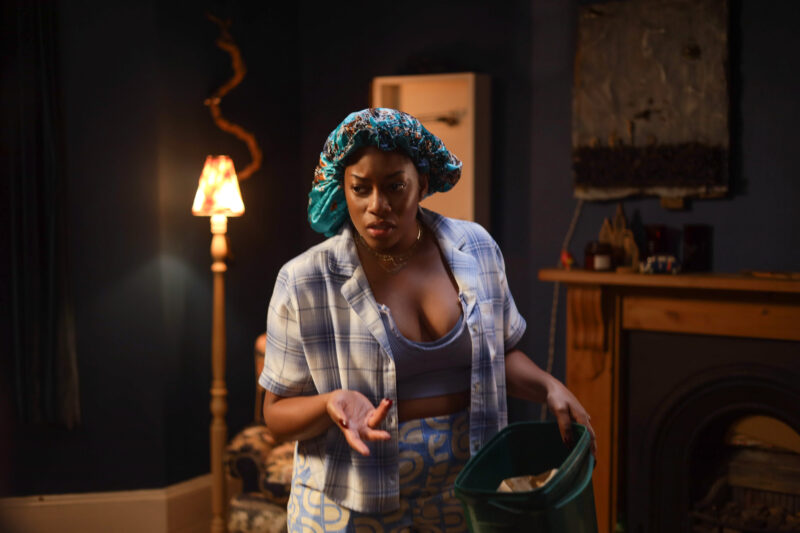
‘Queenie’ • photo courtesy of Hulu.

